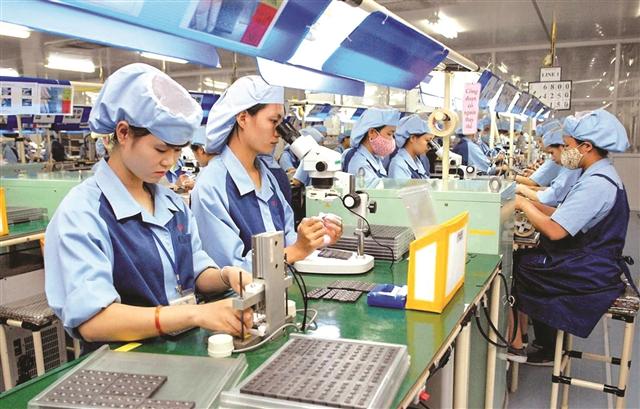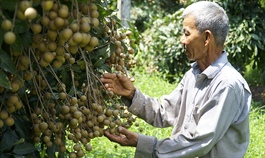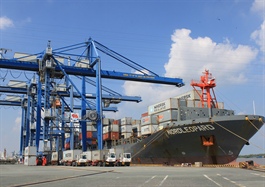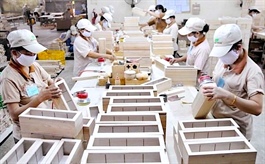Support industries need incentive policies to boost production capacity
Support industries need incentive policies to boost production capacity
The supporting industry has always been identified as a driving force for economic development, especially given the many free trade agreements facilitating easier access of Vietnamese goods to foreign markets. However, the production capacity of this industry remains limited and heavily dependent on imported raw materials.
The cost of imported components and accessories translates into production that is 10 to 20 percent more expensive than in other countries in the region. What is more, the dependence on foreign raw materials is a disincentive to increase the localization rate in key industries such as electronics, textiles, footwear, handbags, automobile manufacturing and assembly.

Vietnam’s supporting industry has made significant progress
|
According to the Organization for Economic Cooperation and Development (OECD), the processing and manufacturing industries account for 40 percent of the economy’s total net revenues but contribute a mere 14 percent to the gross domestic product (GDP). When the Covid-19 pandemic broke out, many of Vietnam’s major raw material suppliers such as China, the Republic of Korea, and Japan applied restrictive measures, disrupting supply chains and leading to shortages of production materials, especially in the early stages of the pandemic.
At the 2021 online Trade Conference on Vietnam-Japan Supporting Industry, Akutsu Michio, an expert from the Association of International Business Advisors, pointed out the challenges to Vietnamese supporting enterprises such as low productivity and a shortage of trained workers, limited funding to acquire equipment, lack of information about foreign suppliers of good quality materials at reasonable prices. “Industrial products are made up of thousands of parts, if one part is missing, the production line will stop,” Akutsu Michio emphasized.
However, the supporting industry has recently made significant improvements in both quantity and quality. The number of supporting industry enterprises accounts for nearly 4.5 percent of the total number of enterprises in the processing and manufacturing industries with a total revenue of about VND900 trillion, accounting for 11 percent of the total revenue of the processing and manufacturing industry.
In manufacturing molds of all kinds, bicycle and motorcycle components, standard mechanical components, electrical cables, technical plastic, rubber components, tires and tubes of all kinds, Vietnamese enterprises have enough capacity to meet domestic demand and export requirements. Decree 57/2021/ND-CP, which came into effect in June 2021, has helped enterprises that have investment in projects manufacturing prioritized supporting industry products qualify for corporate income tax incentives.
| Vietnam has set a target for support industry products to meet 70 percent of demand for domestic production and consumption, accounting for 14 percent of industrial production value by 2030. Plans call for some 2,000 enterprises capable of directly supplying processing and manufacturing businesses in the country. |



























